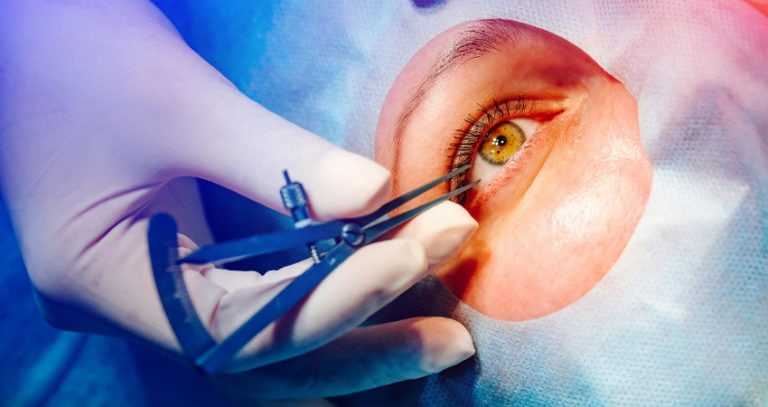Being a veterinarian gives a person a chance to make a living by taking care of animals. A veterinarian has the option of working for an established clinic or independently. Vets also have the opportunity to have productive interactions with the community. There is also disability insurance for soon-to-be veterinarians.
Table of Contents
What is Required to Become a Veterinarian?
Becoming a successful veterinarian requires more than being a lover of animals. A veterinarian must have a detailed knowledge of the animal. As a vet, one needs to be methodological and analytical to diagnose and cure animals. Most people believe attending a veterinarian school is the only requirement for becoming a veterinarian. Becoming a successful veterinarian requires more than attending classes.
Here is what is required to become a veterinarian.
Complete High School
Completing high school is the initial step to becoming a veterinarian. While in school, one should focus on classes in science. Good grades in chemistry and biology can be a stepping stone to a successful veterinarian career.
Earn a Bachelor’s Degree in Biological Science
To become a veterinarian, one must take a course in biological science. The courses can involve chemistry, physics, mathematics, general biology, and animal behavior. To qualify to enter into a veterinarian school, one must take the Graduate Record Examination.
Read Also: Everything You Must Know About Business Coach
While in vet school, a person should volunteer at vet clinics and animal care centers. Working in vet clinics and animal care centers makes understanding animals easy.
Veterinary College Admission
It’s highly competitive to get a chance to join a veterinary school. One must build a strong resume while in the undergraduate years. Maintaining a high GPA, especially in science courses, is also essential. Working as a volunteer in vet clinics helps boost the resume.
Some vet schools have set minimal volunteer hours one must achieve to earn admission. Vet schools might also require letters of recommendation before admitting anyone. Fostering good relationships with professors and other people makes getting good recommendations easy.
To get admitted to the best veterinary college, one must attain an acceptable score in the Graduate Record Examination.
Veterinarian Degree
A Doctor of Veterinary Medicine (DVM) degree takes four years of study. In the first years of learning, most time will be spent in classroom lectures and laboratory sessions. Some of the courses a person should take include immunology, parasitology, and pharmacology.
During these courses, one learns about different animal species and their body. Lab sessions offer hands-on experience in working with animals. In the final years, students spend most of their time handling clinical rotations in their areas of specialization.
Study for and Pass the NAVLE
The North American Veterinary Licensing Examination (NAVLE) is a crucial test graduates must take. To practice as a veterinarian, one must attain a passing score in NAVLE. The test is usually sat for in fall and spring. Most students prefer to sit for the exam in the fall to leave room for a retake if needed.
Complete Any Additional Requirements
After acquiring a DVM degree and a license, most students prefer to take a one-year internship. The internship gives such students a chance to gain on-field experience. Some students might feel courageous enough to begin their careers immediately. For a student to become board certified, they must complete a three to four-year residency program.
After getting a license, one should contact the provincial regulatory body. Such bodies inform a person of the specific requirements needed before starting a career.
Why Disability Insurance for Soon to Be Veterinarians Is Important
Illness or serious injuries can affect the dream of being a successful veterinarian. A temporary disability can drain finances and even make it challenging to practice vet medicine. Disability insurance for aspiring veterinarians helps the students pay for loans, bills, and living expenses in case of illness and injuries.




